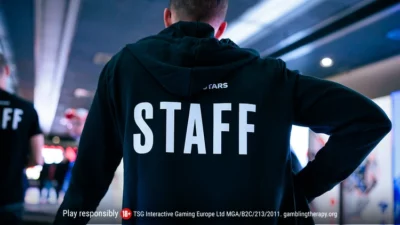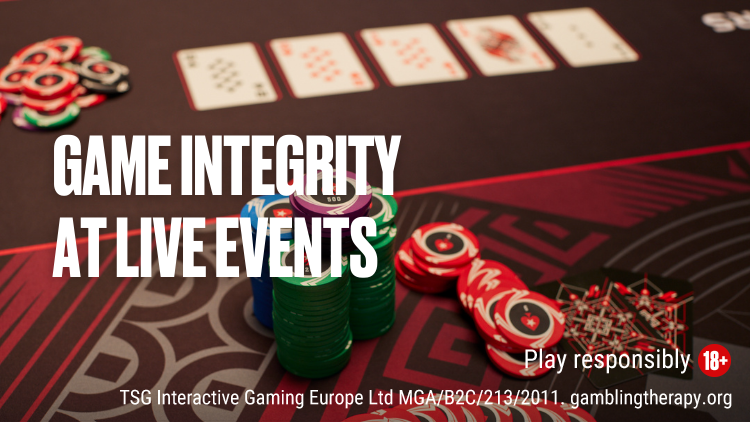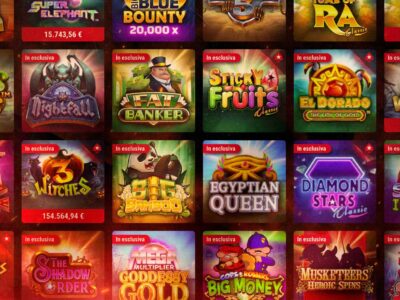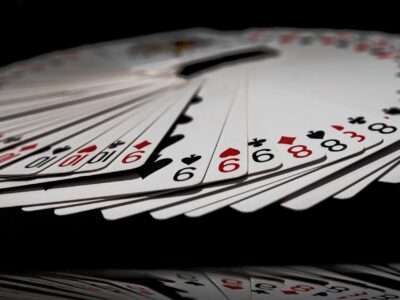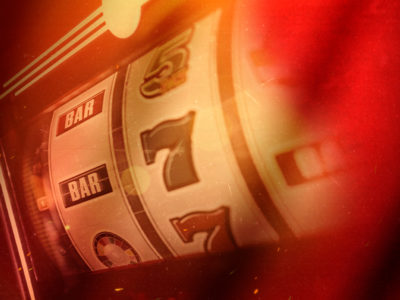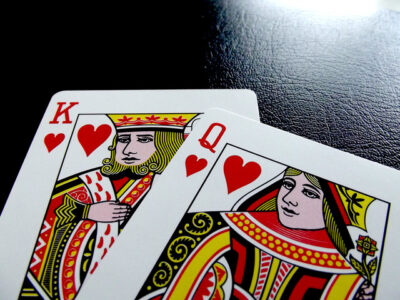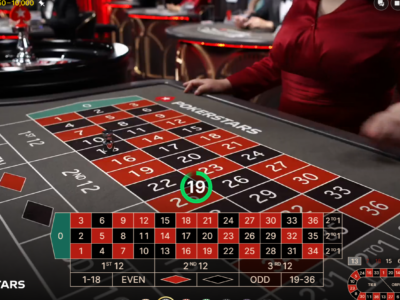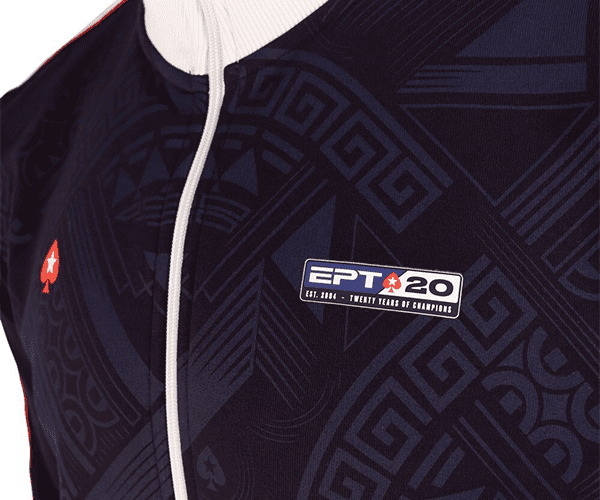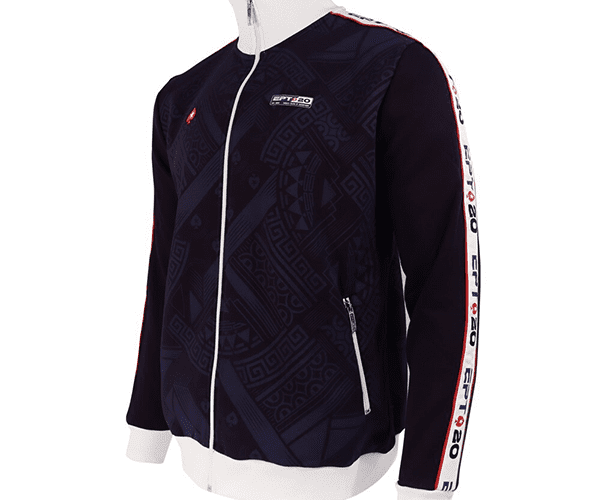Last night I ate a kebab, followed by 4oz of cookie dough. I enjoyed myself, but afterwards I couldn’t move. I fell asleep at 8pm and awoke at 1am in a daze. Kebab and cookie dough are not good brain food.
Every competitor worth their carefully measured grain of salt knows that what we eat really matters to our physical and mental state. Certain foods improves concentration, focus and memory.
So what are the best brain foods, and how can you utilize diet to up your game?
Food is more than calories
For a long time, food was thought about only in terms of calorie intake and as the building block for cells. It turns out the picture is more complex. There’s a whole area of science exploring the effects of food on the body and mind.
Research has revealed that certain foods, such as those high in omega-3 fatty acids, qualify as brain food. They have a positive impact on cognitive functioning and synaptic plasticity, and so directly improve our mental fitness, both short and long term.
The kebab and cookie dough, on the other hand, are never going to be great brain foods. They are high in saturated fats and have relatively low nutritional value.
The food you eat impacts overall mental performance and even long term cognitive health. So choose wisely and pick the best brain foods to elevate your concentration during those long poker tournaments.
Best brain foods
Improving your poker strategy is still an important foundation. But a brain food diet can give you an edge during competition, as well as being good for overall health. Here are a list of the best brain foods for memory and concentration. Incorporate these into your diet to keep your mind sharp and outplay the competition:

<em>Green vegetables like broccoli are excellent brain foods (IMAGE: PxHere)<br /></em>
Green leafy vegetables – High on any list of best brain foods is green leafy vegetables. They are full of useful vitamins like vitamin K, beta carotene, and lutein, as well as vitamin E, which has been shown to boost neurological performance. Green leafy vegetables have been linked to the slowing of cognitive decline.
Fish – Fish contains omega-3 fatty acids, which help to maintain brain and cognitive function. DHA, a type of omega-3, has been linked to boosts in memory and cognitive skills. Fish is one of the best brain foods. Choose fish that is low in mercury, such as cod, salmon or anchovies. (Bigger fish like swordfish and ahi tuna contain more mercury, which is a neurotoxin.)
Walnuts – Nuts are an incredibly healthy snack that are beneficial for both heart and brain. Walnuts contain the omega-3 ALA, which is converted to DTA and EPA in the body. A study in the Journal of Nutrition, Health and Ageing found that people who consume more walnuts got better scores on cognitive tests.
Other natural omega-3s – Other sources of natural omega-3 acids include avocados, flaxseeds and olive oil. If you don’t eat a lot of fish, you should aim to include more of these terrestrial omega-3 sources in your diet.
Berries – Berries are full of antioxidants, making them great for memory, as well as flavonoids, the natural pigment which makes them so vibrant in color. Flavonoids have been linked to delayed memory decline. Berries are the best brain food for keeping your memory sharp over time.
Dark chocolate – Just when you thought nuts and berries would be your only treat, research reveals that dark chocolate also qualifies as a brain food. It contains a powerful antioxidant called theobromine, which supports healthy ageing of cells, as well as the flavonoid epicatechin, which has been linked to cognitive benefits like memory and processing speed.
Is coffee a brain food?
We know that it can provide at least a temporary lift in concentration, but is coffee really a brain food?
Research on the subject has shown mixed results. On the one hand, coffee seems to have several major benefits for the brain, which include reducing the progress of cognitive conditions like Alzheimer’s and dementia, and demonstrable improvements to memory and mental function tests.

<em>According to research, coffee may provide more than just a temporary lift in mood and concentration (IMAGE: PxHere)<br /></em>
However, caffeine is a stimulant drug and has known side effects, especially with excessive consumption. Drinking a lot of coffee could lead to increased heart rate and anxiety, headaches, and a crash from withdrawal. That’s not what you want in the middle of a poker tournament, or during any mental task.
Green tea is a healthier alternative. It contains less caffeine, and also contains the amino acid L-theanine, which works in synergy with caffeine in order to improve brain functioning. All without the “jitters” usually associated with too much coffee.
If you want to keep your mind sharp without any caffeine, there’s no better drink for the brain than water. Hydration is crucial for body and brain functioning, and helps the body to absorb nutrients. Always stay well hydrated to keep your mind sharp while playing poker online.
Food to avoid
A brain food diet is not only about choosing the correct foods to eat, but also avoiding certain foods that will slow down cognitive functioning and reduce performance.
You’ll want to avoid or eat less saturated fats, such as those found in red meat, and trans fats, such as those found in full-fat diary products. Fried foods are a big no-no, and have been linked to inflammation of blood vessels and reduced blood flow to the brain.
Sugary foods are also bad for the brain. High sugar levels in the blood has been correlated with dementia and other mental ailments. This extends to refined carbs like white bread, which also tend to spike blood sugar levels, and high-fructose corn syrup, a sugar-based sweetener found in many marinades and syrups, which has been linked to decline in performance and memory.
When it comes to drinks, avoid soda. It’s very sugary and often contains high-fructose corn syrup for good measure. Alcohol is also a bad idea. It impairs memory, cognitive processing and inhibition. Don’t drink alcohol and play strategy games, especially poker.
Serious poker players need brain food
A while back, we recommended a few recipes for a poker night with friends. None of the recommendations were healthy, and non of them qualified as brain food. Those recipes were all about having fun.

<em>Why do brain foods often look a bit like a brain? The walnut even has two hemispheres (IMAGE: PxHere)<br /></em>
The situation is different when it comes to mammoth online sessions. Serious poker players often compete in tournaments that last for hours, if not days. They may play several tables at once, meaning decisions have to be fast and precise. Poker is a very competitive arena, one that requires immense focus and concentration.
Eating the best brain foods, while avoiding those high in sugars and trans saturated fats, will help you to improve and sustain concentration for the full duration of your poker sessions. Taking this approach is also likely to yield long term benefits for brain health and cognitive functioning, so it really is a win-win.
Healthy eating should be part of your overall approach to poker and health, combining diet, exercise, and an a balanced life outside of poker.
Back to TopView Other Blogs




